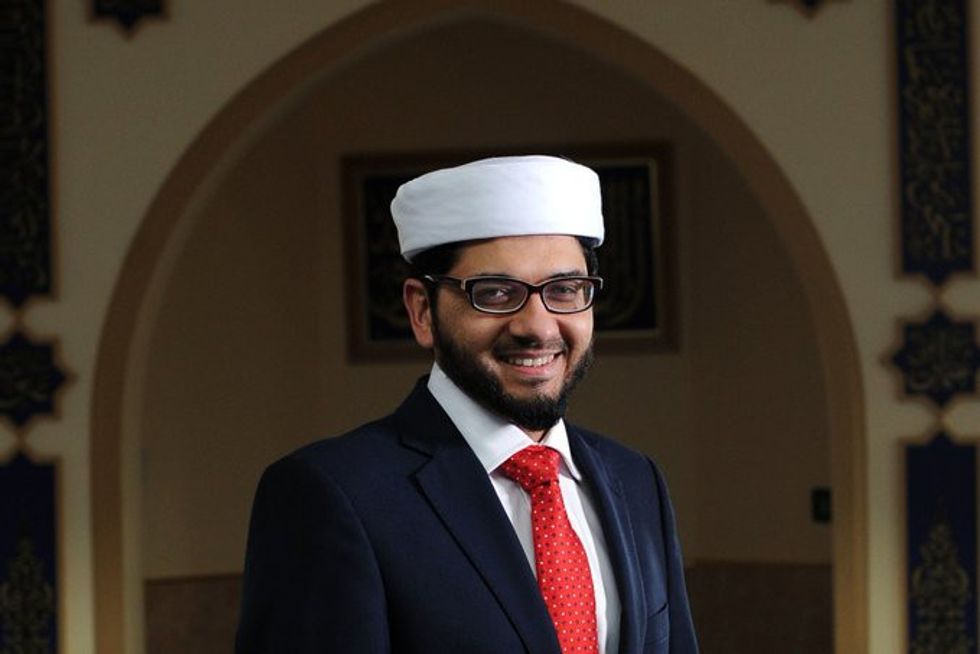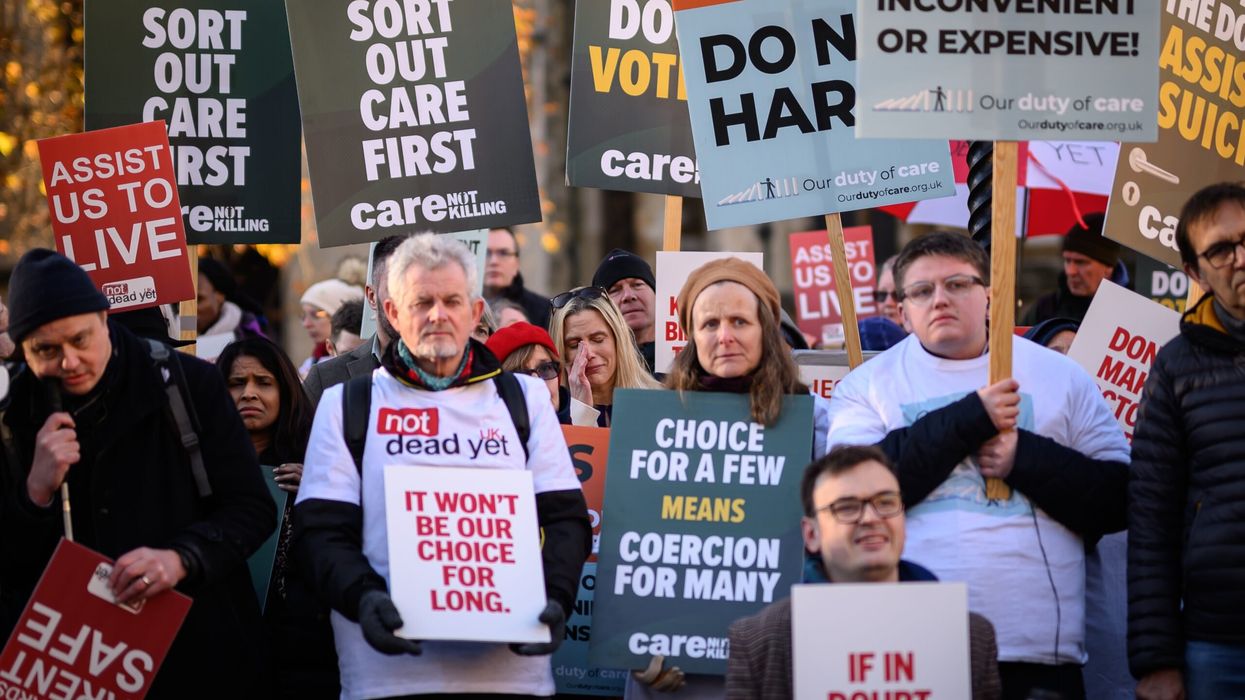By Safya khan-ruf
Researcher at Hope Not Hate
IN RECENT times, race and religion have been at the forefront of our politics.
The years prior to the 2019 general election saw the Labour party mired in a battle with antisemitism. This year we have seen worldwide protests against racial injustice and a pandemic that has hit minority communities the hardest.
The result has been pledges of change – the Labour leader has committed to clearing prejudice out of his party and the government has promised to investigate the disproportionate effects of Covid-19.
But one problem in our politics that is no closer to being solved or even acknowledged is the deep, widespread and persistent anti-Muslim prejudice across the Conservative party.
Over the last two years, Hope Not Hate has been documenting the prevalence of prejudice in the two main political parties – antisemitism in Labour and Islamophobia in the Tory party. But sadly, the sometimes virulent anti-Muslim prejudice among Conservative members has been overlooked by the both the party and the political establishment.
Last year we documented how 40 per cent of Tory members believed the number of Muslims entering Britain should be lowered; 43 per cent preferred “to not have the country led by a Muslim”, and there was a common belief in the conspiracy theory that areas of the country operated under Sharia law.
The issue was avoided by the party despite the alarm being sounded by prominent Muslim Tories such as Baroness Sayeeda Warsi and Mohamed Amin MBE, who resigned as the chair of the Conservative Muslim Forum. Then-chancellor Sajid Javid pressured his fellow candidates into promising an inquiry, during a TV leadership debate.
Despite the eventual winner, prime minister Boris Johnson, originally committing to an inquiry, and several delays and prevarications, he eventually announced a wider investigation into all forms of prejudice in the party. While an examination of racism was, of course welcome, the Conservatives’ specific and uniquely deep-seated problems with Islamophobia warranted an investigation of its own.
Earlier this year, we released a dossier of Conservative councillors who had been making and sharing anti-Muslim statements in public. Last week, ahead of the weekend’s Tory party conference, Hope Not Hate submitted evidence to the party’s ‘Inquiry on Islamophobia and all forms of racism’, containing the latest evidence of the widespread anti-Muslim prejudice among its members.
Our new polling found that 57 per cent of party members had a negative attitude towards Muslims, with 21 per cent registering a very negative attitude. (More than twice the number of those with negative attitudes towards Hindus and Jewish people)
Nearly half of Conservative party members (47 per cent) believe that Islam is “a threat to the British way of life”, while 58 per cent believed the conspiracy theory that “there are no-go areas in Britain where Sharia law dominates and non-Muslims cannot enter”. This is in comparison to around a third of the general public believing Islam was a threat, and that there were no-go areas in Britain.
We also presented evidence on 40 Conservative activists, councillors and MPs, including one who referred to Muslims as “parasites”, another who shared a joke comparing Asians with a dog, “He’s brown, he stinks, he’s never worked a f***ing day in his life and he doesn’t speak a word of English” and another who wrote “the problem with Colne is that there are too many takeaways and too many P***s, that’s why people don’t come to Colne”.
At the time of writing, all remained members despite having previously been brought to the attention of the party. In the run-up to the 2019 general election, the then Conservative chairman James Cleverly said he was “confident” there was “a robust mechanism” in place to deal with the issue. Our evidence suggests this is not the case.
Although Johnson promised that when it came to Islamophobia it would be “one bounce and you’re out”, the party’s approach has been closer to a swingball – with members getting hit with a temporary suspension before coming right back into the party as if nothing had happened.
We are calling for the Conservatives to adopt an independent complaints and transparent disciplinary procedure, ensure support and clarity for complainants and a programme of training for members on Islamophobia, anti-Muslim prejudice and understanding of British Muslims.
Despite the lack of progress so far, we still believe that real change is possible, but it needs forward-looking Conservatives to make a stand by admitting there is a problem and demanding a zero-tolerance approach. The issue extends all the way through the party from the top to the bottom, and so it can only ever be solved by a committed coalition of MPs, councillors, activists and members who understand that our country’s Muslim communities are as British as they are.






















‘Tories must tackle race bias of party members’